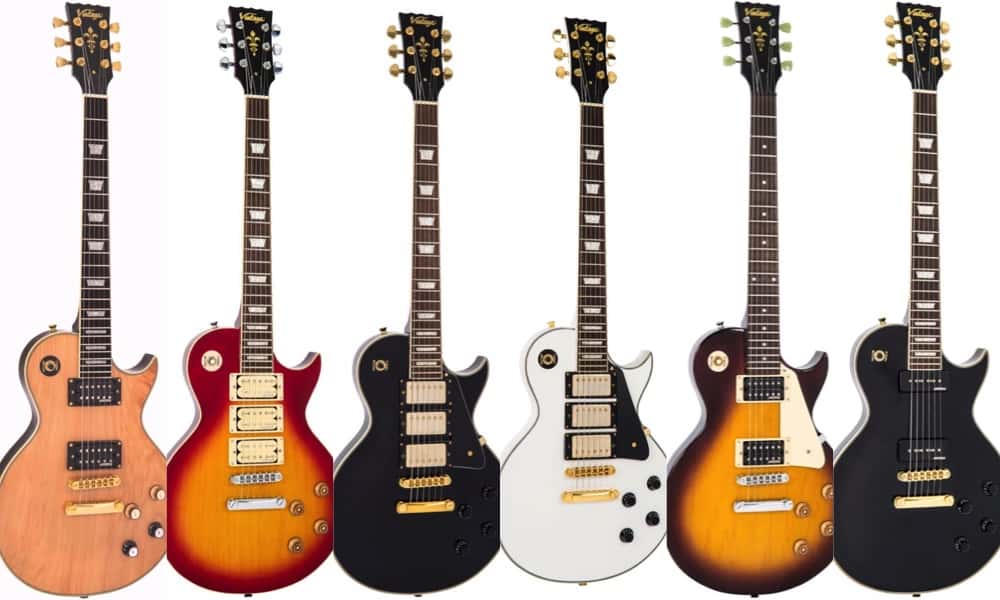Finding quality electric guitar lessons Singapore has become increasingly popular as more music enthusiasts discover the thrill of mastering this iconic instrument. The Lion City’s vibrant music scene offers countless opportunities for aspiring guitarists to develop their skills, whether they’re complete beginners or seasoned players looking to refine their technique.
Singapore’s diverse musical landscape provides the perfect backdrop for learning electric guitar. From the bustling music shops in Bras Basah Complex to the intimate studios tucked away in residential areas, the island nation has embraced the electric guitar revolution with remarkable enthusiasm.
Why Choose Electric Guitar Over Acoustic?
Electric guitars offer unique advantages that make them particularly appealing to modern learners. The ability to control volume through amplification means practice sessions needn’t disturb neighbours in Singapore’s densely populated housing estates. Additionally, electric guitars typically feature lower string action, making them easier on the fingers during extended practice sessions.
The versatility of electric guitars cannot be overstated. Students can explore multiple genres, from jazz fusion to heavy metal, all with the same instrument. This flexibility proves invaluable in Singapore’s multicultural music scene, where influences from Western rock, Asian pop, and traditional melodies often blend seamlessly.
Essential Skills You’ll Develop
Professional guitar instruction Singapore focuses on building comprehensive foundational skills:
- Proper posture and hand positioningto prevent injury and maximise efficiency
- Chord progressions and rhythm patternsessential for contemporary music
- Lead guitar techniquesincluding bending, vibrato, and scale patterns
- Music theory fundamentalsto understand song structures and composition
- Amplifier and effects pedal operationfor achieving desired tones
These core competencies form the backbone of effective electric guitar education, regardless of your chosen musical direction.
Finding the Right Learning Environment
Singapore guitar lessons Singapore come in various formats, each catering to different learning preferences and schedules. Individual instruction allows for personalised attention and customised lesson plans, whilst group sessions foster collaborative learning and performance opportunities.
Many instructors emphasise the importance of consistent practice. As one experienced tutor noted, “The magic happens between lessons. Students who dedicate thirty minutes daily to focused practice progress significantly faster than those cramming longer sessions sporadically.”
Location considerations play a crucial role in maintaining consistent attendance. Singapore’s excellent public transport system makes lessons accessible across the island, though proximity to home or work often determines long-term success rates.
Technology Integration in Modern Guitar Education
Contemporary electric guitar tuition increasingly incorporates digital tools and applications. Recording software allows students to hear their progress objectively, whilst backing tracks provide engaging practice experiences beyond simple metronome work.
Online resources complement traditional face-to-face instruction effectively. Students can access chord charts, scale diagrams, and instructional videos between lessons, reinforcing concepts learned during formal sessions. However, nothing replaces the immediate feedback and personalised guidance that skilled instructors provide.
Age and Skill Level Considerations
Guitar lessons accommodate learners across all age groups and experience levels. Children as young as seven can begin learning on appropriately sized instruments, whilst adults often bring valuable life experience and discipline to their musical studies.
Beginning students typically focus on:
- Basic chord formations and smooth transitions
- Simple strumming patterns and rhythm development
- Fundamental music reading and tablature interpretation
- Proper instrument care and maintenance
Advanced students delve into complex techniques such as sweep picking, tapping, and advanced music theory applications. Intermediate players often benefit most from structured repertoire development and performance preparation.
Performance Opportunities and Community Building
Singapore’s thriving music community provides numerous outlets for developing guitarists. Open mic nights at local venues offer low-pressure performance experiences, whilst music schools frequently organise student showcases and recitals.
Joining or forming bands represents the natural progression for many electric guitar students. The collaborative nature of ensemble playing develops listening skills, timing, and musical communication that solo practice cannot replicate.
Local music festivals and competitions provide additional motivation for serious students. These events showcase the diversity of Singapore’s guitar talent whilst fostering healthy competition and artistic growth.
Investment Considerations and Equipment Guidance
Beginning electric guitar students need not invest heavily in expensive equipment immediately. Reputable music schools often provide instruments for lessons, allowing students to experience different guitars before making purchasing decisions.
Essential initial equipment includes:
- A reliable electric guitar suitable for your hand size
- A practice amplifier with headphone capabilities
- Guitar cable and picks
- Basic maintenance tools and spare strings
As skills develop, students may wish to explore different pickup configurations, amplifier types, and effects pedals to craft their unique sound signature.
Cultural Integration and Musical Diversity
Singapore’s multicultural heritage enriches electric guitar education significantly. Students can explore Chinese rock, Malay folk adaptations, Indian classical fusion, and Western contemporary styles within the same learning framework.
This cultural diversity exposes students to unique playing techniques, scales, and rhythmic patterns rarely encountered in purely Western guitar education. Such exposure broadens musical vocabulary and creative expression possibilities.
Conclusion
The journey of mastering electric guitar opens doors to creative expression, social connection, and personal satisfaction. Singapore’s supportive musical community, combined with professional instruction and diverse performance opportunities, creates an ideal environment for guitarists at every level. Whether pursuing music as a hobby or considering professional aspirations, dedicated students will find their investment in electric guitar lessons Singapore both rewarding and transformative.

